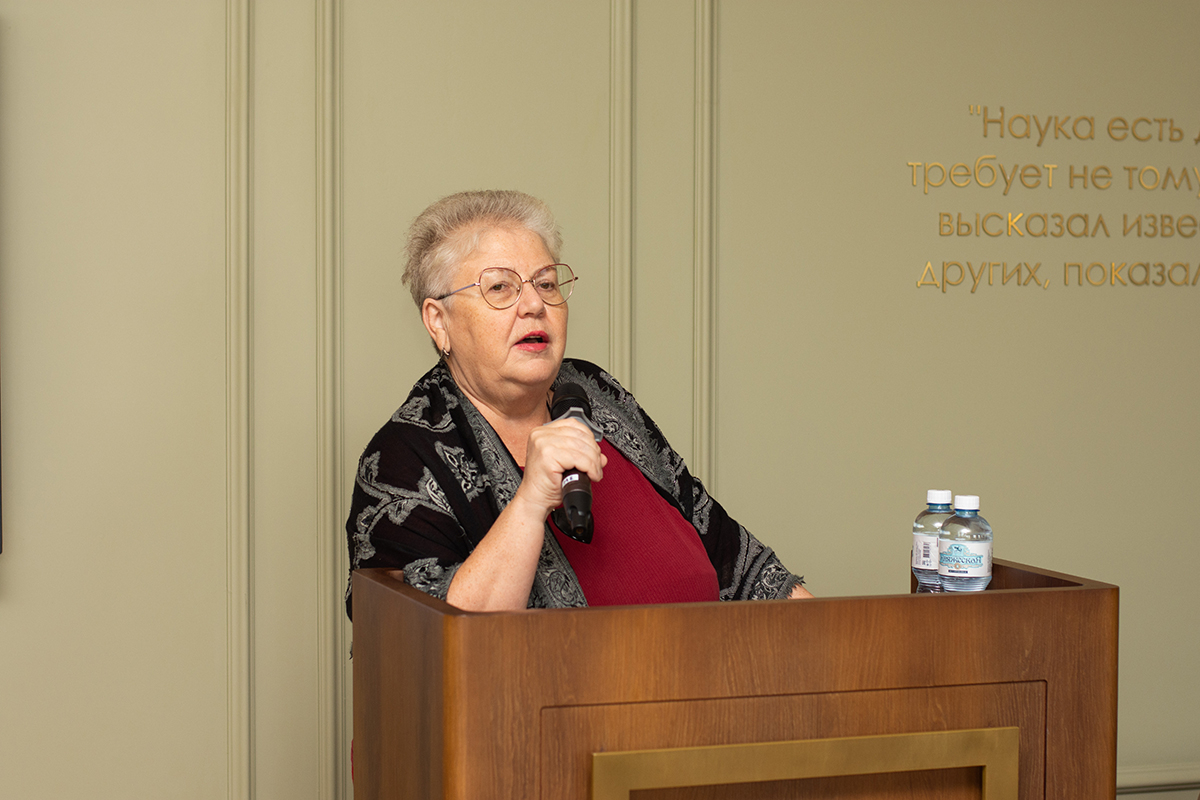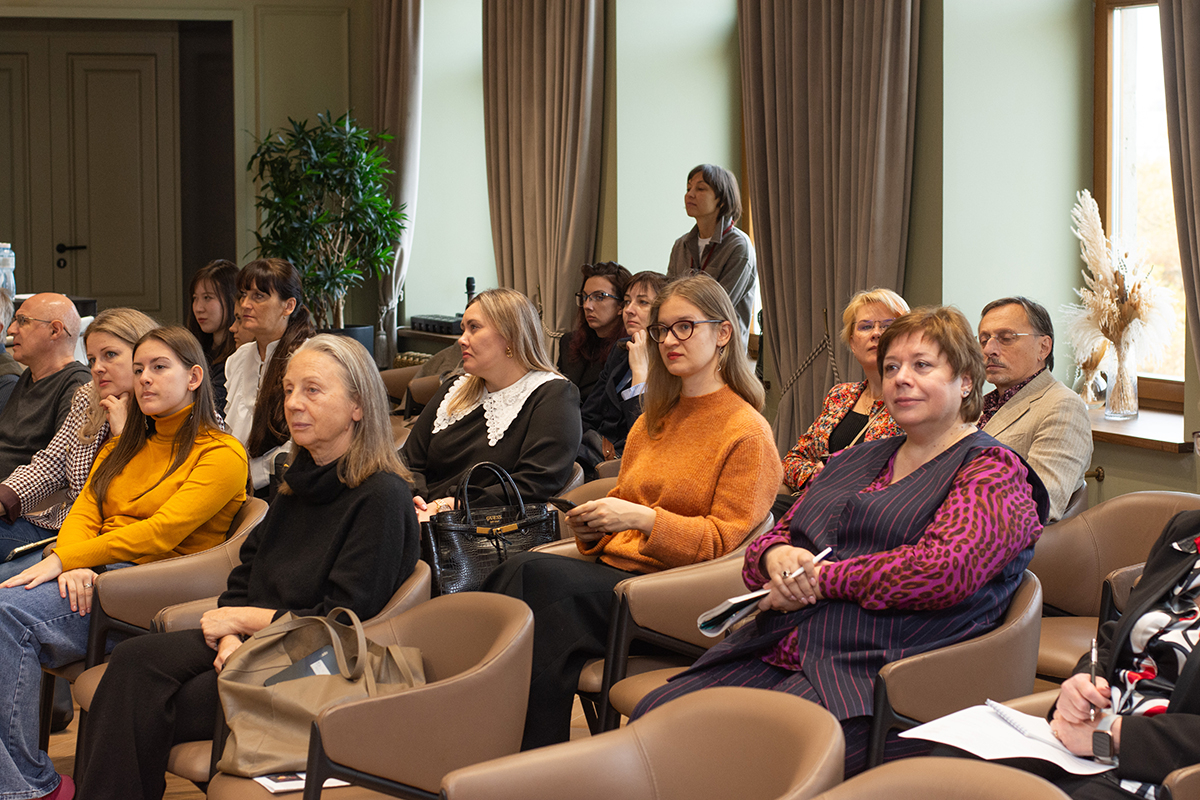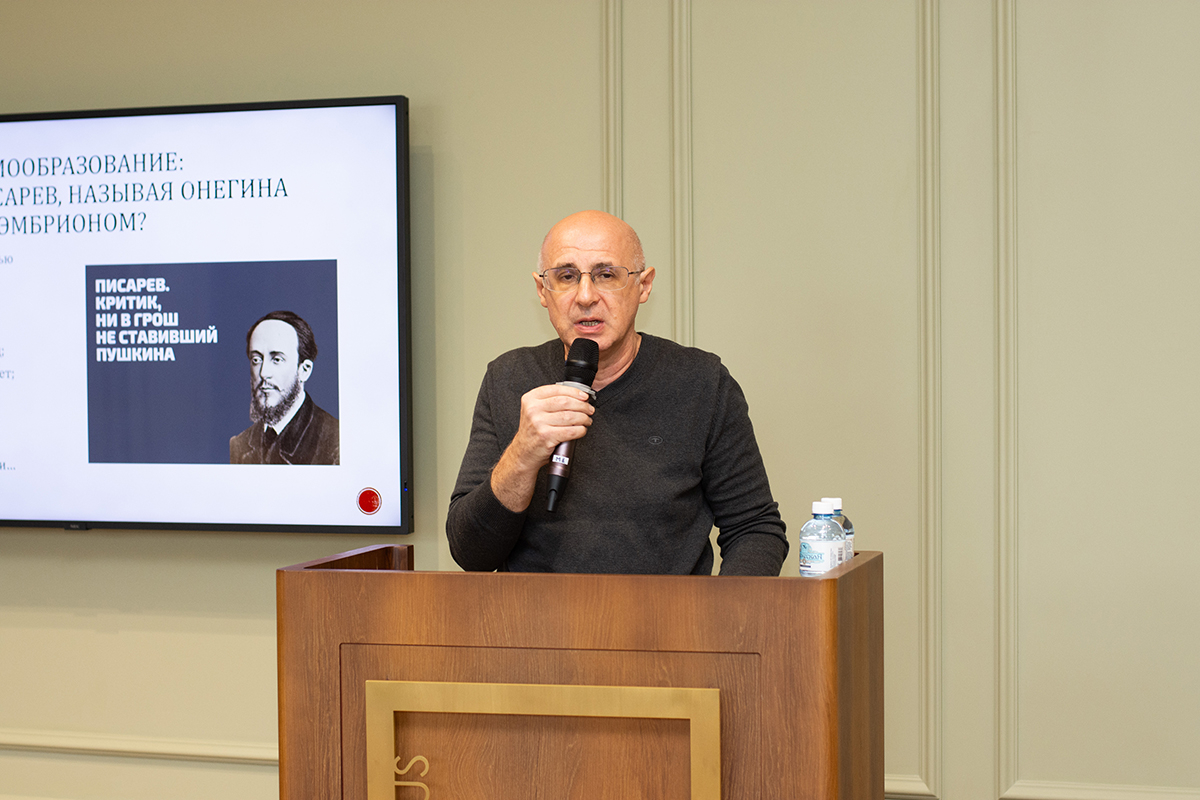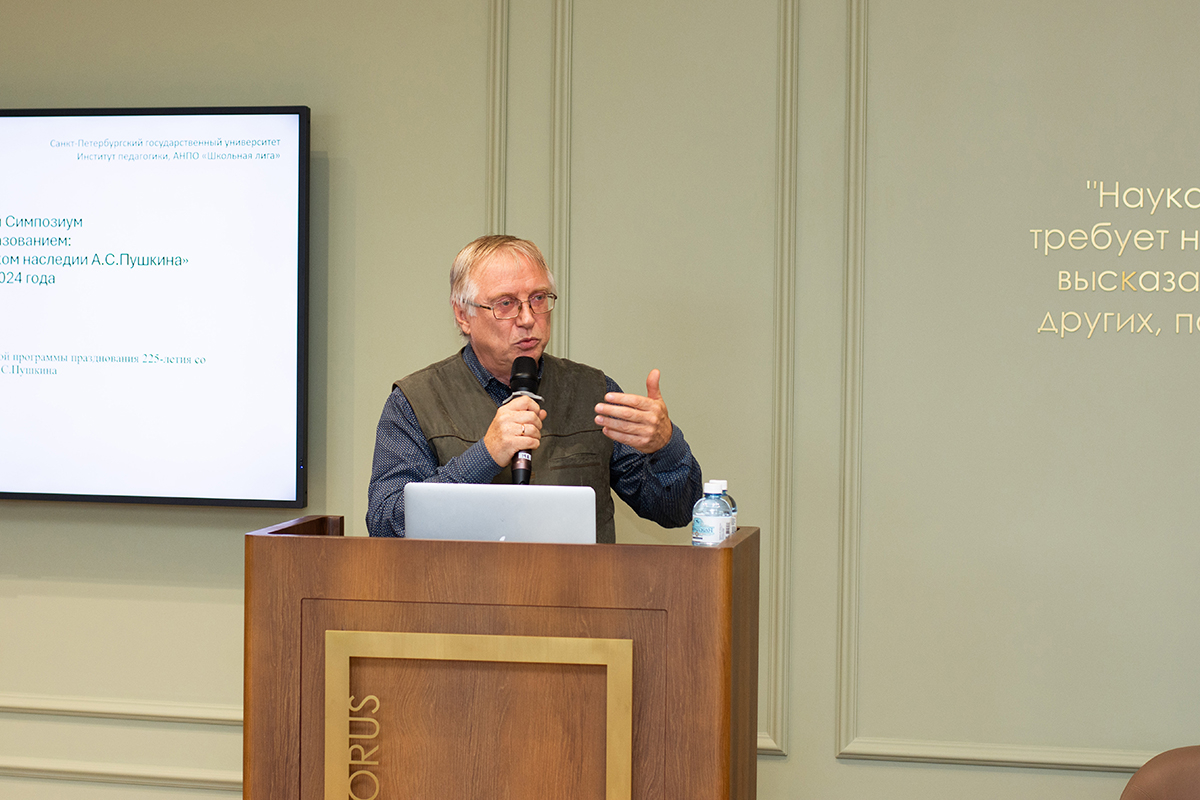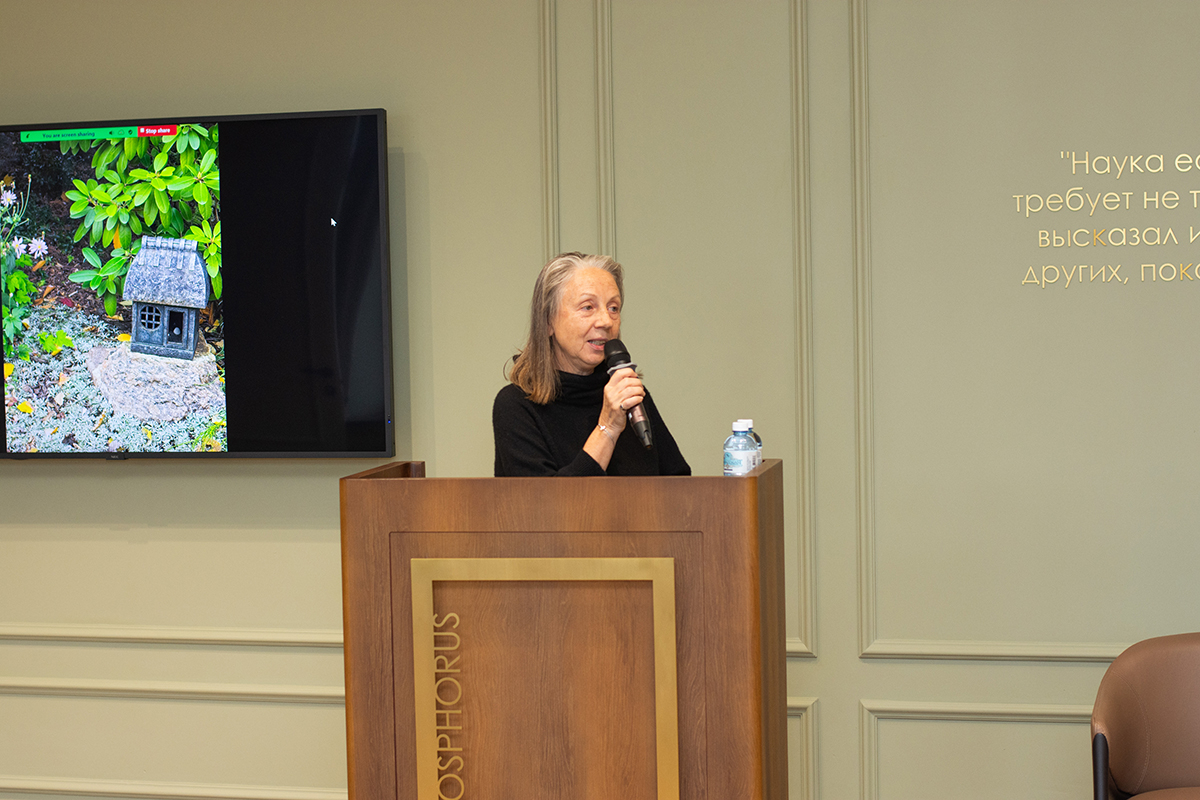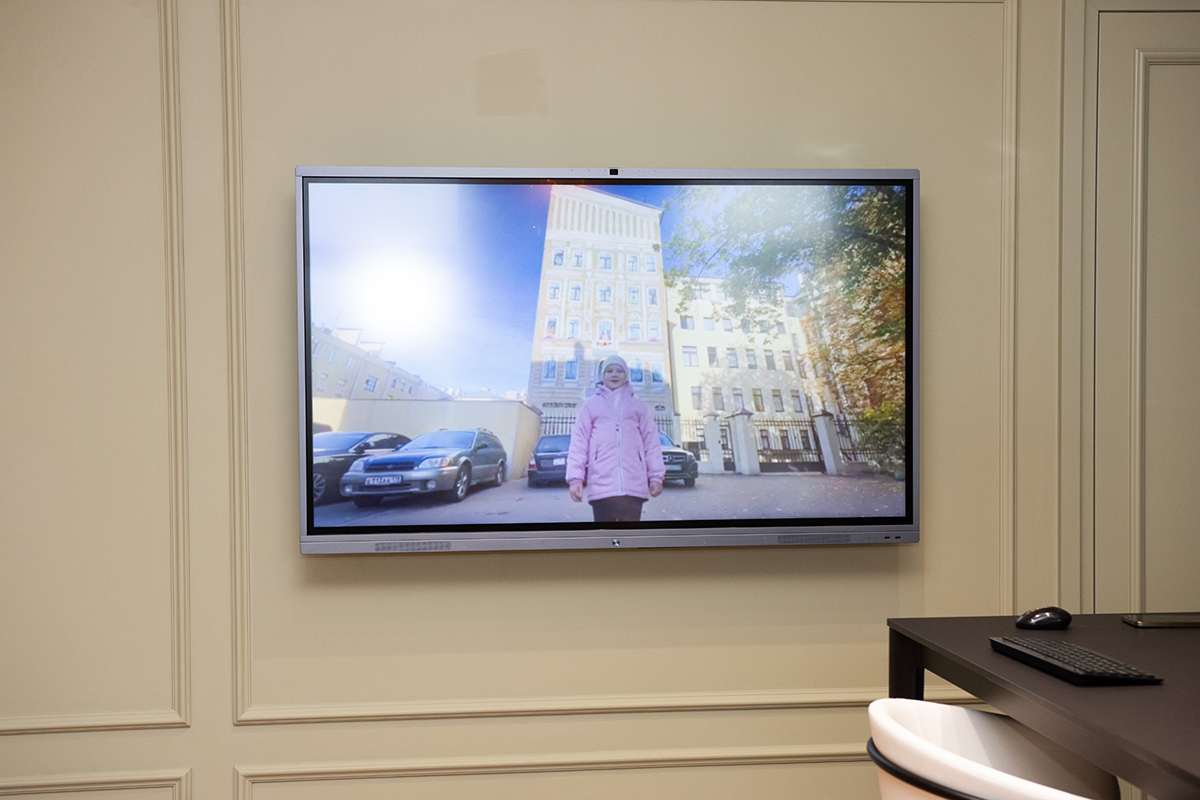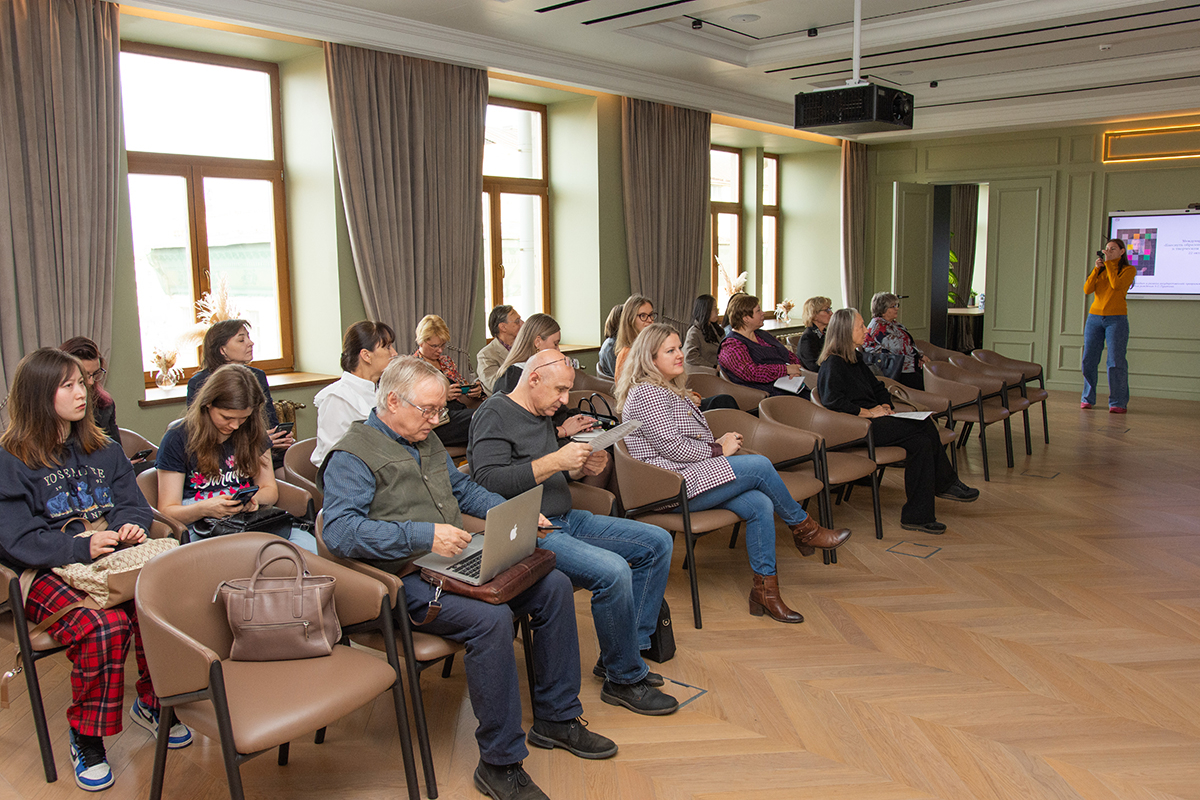The right to a "zero": St Petersburg University scholars debate whether it is possible to return to the Imperial Lyceum’s grading system
St Petersburg University has hosted the international symposium "A Brilliant Display of Education: Pedagogical Ideas in the Creative Legacy of Alexander Pushkin". Participants have discussed how the poet’s literary works reflected pedagogical ideas and practices of the 18th and 19th centuries, the significant impact of the Imperial Lyceum’s excellent reputation on the history of Russian education, and the advantages of the Lyceum’s grading system established during Pushkin’s time compared to those employed in contemporary schools.
The event was opened by Professor Elena Kazakova, Corresponding Member of the Russian Academy of Education and Director of the Institute of Pedagogy at St Petersburg University. In her opening address, she noted that education at the Imperial Lyceum exemplified a system designed to cultivate and nurture individual personality. Professor Kazakova illustrated her point by referencing the teaching methods of Iakov Kartsov, who taught mathematics and physics at the Imperial Lyceum in the early 19th century. Iakov Kartsov is recognised as a pioneer in the systematic instruction of mathematics, natural sciences, and astronomy, and is credited with founding the Lyceum’s natural sciences study room.
The symposium was held as part of the state programme to celebrate the 225th birth anniversary of Alexander Pushkin.
According to Pushkin’s classmates’ recollections, it was Iakov Kartsov who gave a student Alexander Pushkin a grade of "zero" for his academic performance in Kartsov’s subjects. At the time, a 1 was the excellent grade, while a "zero" indicated a complete ignorance about the subject.
"At present, we have a «no zeroes» grading policy in our school, which impedes its development," Elena Kazakova asserted. Iakov Kartsov once told young Alexander Pushkin that he would always get only a "zero" in his classes, though this was not meant as an insult. "These words were not derogatory, and no one viewed Pushkin as a slacker," Elena Kazakova explained. "Student Pushkin was allowed to sit in the back row and write poetry."
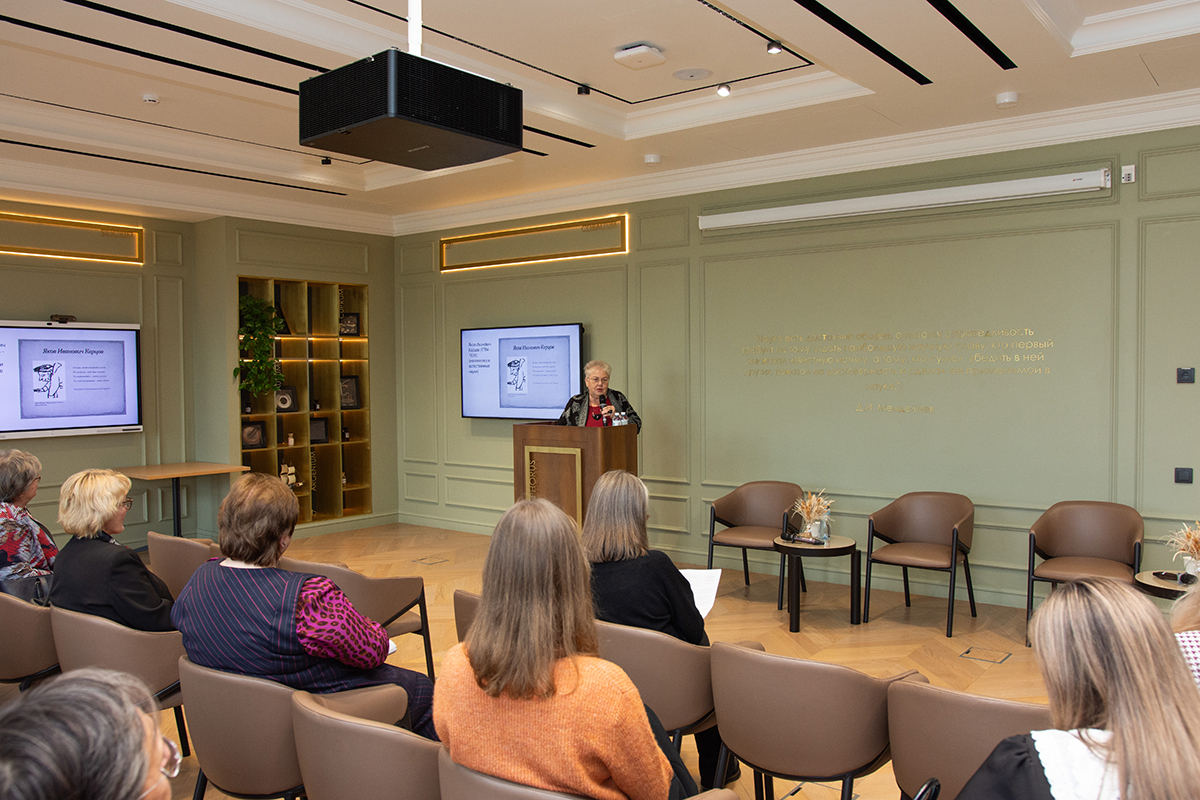
At the Imperial Lyceum, students could continue their studies even with a "zero" in certain subjects. This policy reflected a fundamental principle of the Lyceum’s education: students were not required to excel uniformly across all areas of study but were encouraged to retain and develop their individuality.
The Symposium participants noted that at the Lyceum, students attended traditional lectures, were called to the blackboard, and completed conventional homework assignments. Teachers did not focus on innovative teaching methods. Student Pushkin, despite his "zeros" in physics and mathematics, exhibited wide erudition and even prepared academic papers on natural sciences. "The teaching method, wherein one personality engages with another, produced such remarkable results," Professor Kazakova explained.
Irina Semikhova, a lecturer at St Petersburg University, outlined the four pillars of the Imperial Lyceum’s pedagogy. These are: respect for students’ individuality by the teachers; harmonious development through diverse activities; cultivation of civic responsibility and moral education; and professionalism and unity among the teaching staff.
Experts debated whether today’s school students should be entitled to have a "zero" grade for academic performance. Teachers argue that it is crucial to find a balance, to prevent school leavers from declining from "zero" grades to negative outcomes such as idleness, laziness, and cultural indifference.
Elena Kazakova remarked, "Schools cannot implement an accumulative points system if students are not allowed to receive «zero» grades. There cannot be a right to choose disciplines if students do not also have the right to decline certain options. There is a risk in schools of overlooking genuine talent that develops in unique or unconventional ways."
Another principle of the Imperial Lyceum’s pedagogy is stated in its Charter: "The fundamental rule of effective teaching is not to overwhelm children’s minds with lengthy explanations, but to stimulate their natural inquisitiveness." The goal was to encourage students to acquire knowledge independently.
Alexander Pushkin highly appreciated the value of education and believed that even an ordinary person without formal education can educate themselves through self-study. According to experts, Pushkin also considered his work to be a part of education.
The symposium participants emphasised that the pedagogical principles laid down at the Imperial Lyceum are still reflected in contemporary schools. Today, no school in Russia omits the study of Pushkin’s poetry, a man who firmly believed in the power of enlightenment and education.
The symposium was attended by over 100 people — school teachers and university lecturers from across Russia and overseas.


